Dry January Benefits: Alcohol-Free Month Is Healthful, But The Annual Trend Can Come With Risks, Too
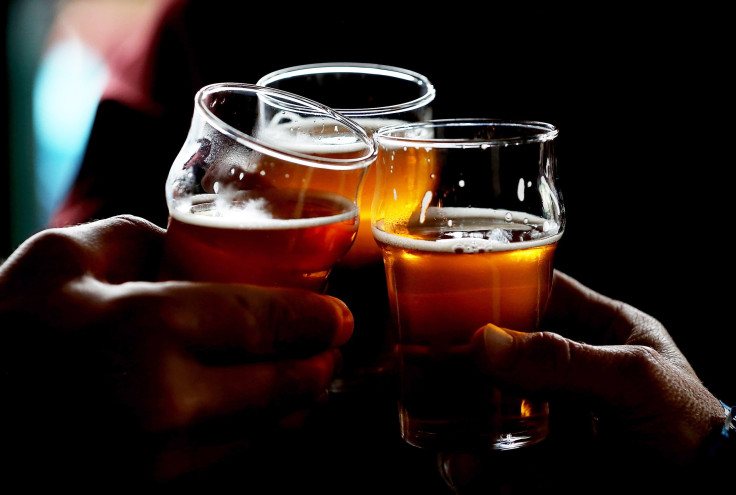
On any given night across the United States, hordes of people pack into upscale clubs and dive bars alike clutching their alcoholic beverage of choice. But this month, an apparently increasing number of people are abstaining from carousing, or even just plain drinking liquor for that matter, thanks to what has become known as Dry January.
“In New York especially, it’s really hard to not get caught up in the day-to-day monotony of going out, drinking and partying. To an extent, it’s a common interaction between people,” said Pierce Crosby, a 25-year-old New York City resident who is participating in the 31-day challenge to steer clear of consuming alcohol. “Since a bar is kind of the centerpiece of social interaction, the big question for me is: Can you live outside the confines of that social construction?”
Experts agree that one of the major benefits associated with Dry January is simple: It makes people rethink their relationship with alcohol. The concept of abstaining from drinking for an entire month has been wildly successful in the United Kingdom — the country's first official Dry January campaign put on by the organization Alcohol Concern began in 2012 — and now the idea has gained traction in the United States. While there can be several things motivating people to quit alcohol cold turkey, anything that causes them to contemplate their drinking habits can be a good thing. But when it comes to people with dependency issues, Dry January may not be the safest route, experts caution.
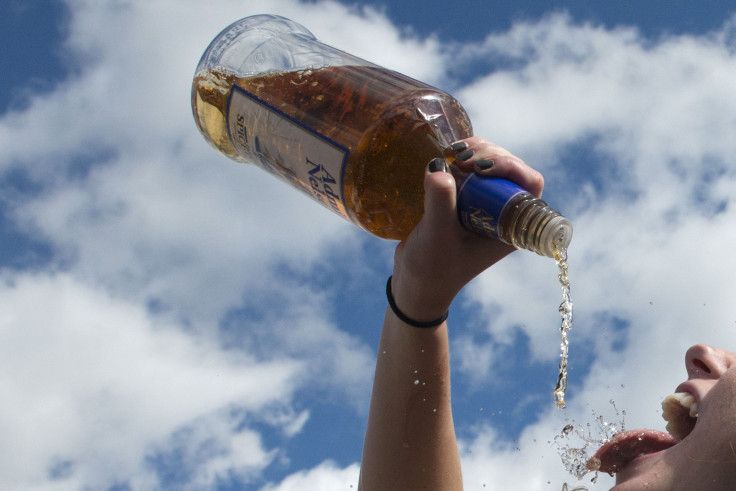
Is It Healthy?
From a health perspective, abstaining from alcohol for a month has been touted as a way to lose weight, improve liver function and even reduce the risk of diabetes. Evidence of long-term health benefits from Dry January is scarce, but cutting out alcohol will likely do the body good, said Judy Weitzman, a diet coach from Chicago, who noted that alcohol is essentially empty calories that can wreak havoc on sleep quality. But any healthful benefits gained during that alcohol-free month will depend on whether the individual chooses to continue that behavior once the month is up, she added.
“The biggest benefit to a program like this is it takes 21 days to change a behavior, and if drinking has been an issue for someone, they are taking the time to establish a new behavior,” said Weitzman. “Hopefully that will continue after this month, and if they do reintroduce alcohol, it’s in moderation. They have to look at it as a way to change their behaviors forever, or else they are going to have all the same problems again. Similarly, people who go on diets see it as having a beginning and an end ... that’s when it doesn’t work. That’s when people yo-yo.”
A study published last month in the journal Health Psychology found that people who attempted to stop drinking for a month reported a decrease in alcohol consumption over the following six months. In fact, 64 percent of the 857 study participants successfully upheld their commitment to a sober January and were consuming less alcohol and getting drunk less often six months later.
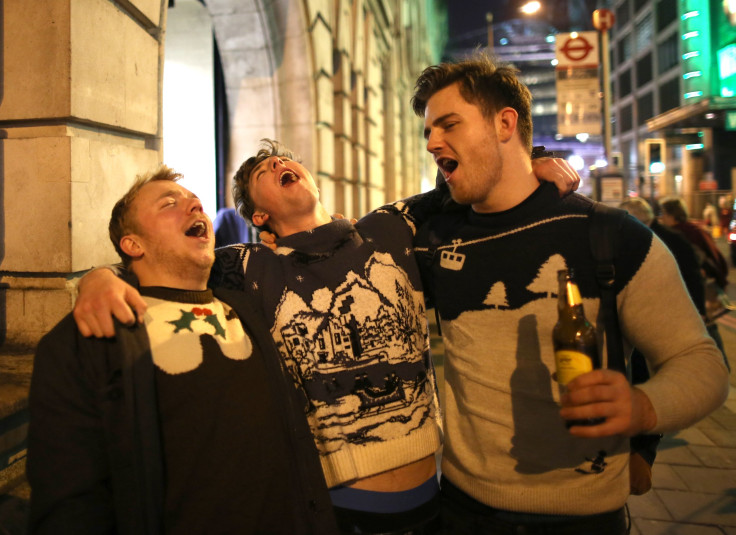
Dry January Is Not For Everyone
Aaron White, the senior scientific adviser to the director of the National Institute on Alcohol Abuse and Alcoholism (NIAAA) in Bethesda, Maryland, said that for moderate drinkers, taking a month off from boozing is a healthy thing to do, but the biggest benefit comes from the changes in habit that occur during the month a person doesn’t drink. But Dry January might not work for everyone, White warned.
“People who are harder drinkers have a hard time getting through the month, and that could be a good thing,” he said. “Sometimes people don’t realize they have a disorder or problem until they try to stop. Doing a dry month could help get those people closer to help ... [however,] alcohol withdrawal can kill. [Dry January] probably isn’t something someone is going to want to try if they’ve been a heavy, daily drinker for a very long time. Alcohol withdrawal is a very uncomfortable, potentially deadly phenomenon; it’s like slamming on the brakes when going 100 miles per hour on the highway.”
White also acknowledged that some people might feel the need to return to the bottle with a vengeance once their month without liquor ends, which can also be dangerous. He noted that abstaining from alcohol for an entire month can make it easier to overdo it once a person does start drinking again because the body is less tolerant to alcohol.
“It’s common for people who take a break from something to overshoot their normal use once they go back to what they were doing,” said White. “If you take a break from alcohol, try to avoid celebrating the end of that break by overindulging."
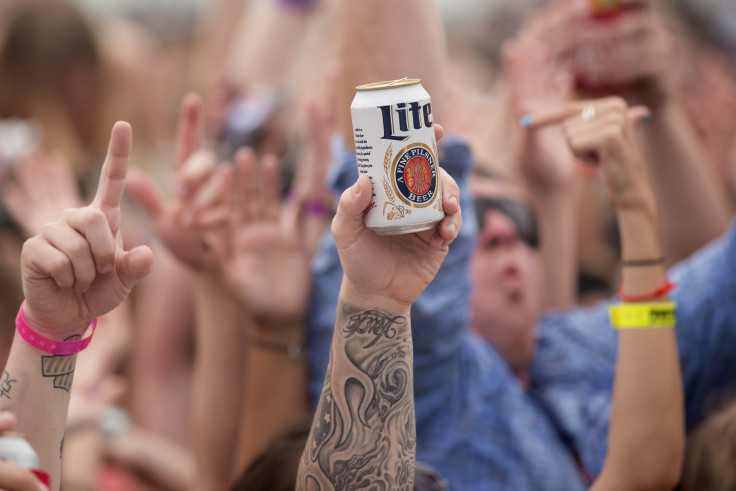
Millennials Benefit
While millennials — people born in the early 1980s and later — have traditionally shown an affinity for drinking, the significant buzz on social media surrounding Dry January has seemingly caught the attention of the younger generation. The attraction could get some of the demographic who might drink heavily socially to stop and re-evaluate their relationship with alcohol.
Why did I say I would do "Dry January"? Arghhh give me strength. I want wine, and it's only day 4. Nightmare!!
— Michael Ball OBE (@mrmichaelball) January 4, 2016Feeling fresh today!?
#DryJanuary pic.twitter.com/1Aoee566FN
— RTÉ 2fm (@RTE2fm) January 3, 2016Dry January. Over and Out.
Date: Jan 8th
— Jack Whitehall (@jackwhitehall) January 8, 2016“Younger generations are the ones who are definitely more drawn to social media, and things like this, where people are tweeting and posting it on social media outlets, will certainly grab their attention,” said Lisa Moskovitz, a registered dietitian and founder of NY Nutrition Group in New York. “There are a lot of things going on in your 20s that certainly make you more vulnerable to alcohol abuse, and I think social media outlets are really good to use in terms of promoting the message of Dry January to generations that are more susceptible to alcohol abuse.”
White, the scientific adviser to the director of NIAAA, specifically pointed to a study showing that more women ages 18-25 drink alcohol than they did a decade ago. However, those numbers haven’t changed for men. Taking a break from alcohol for Dry January might be particularly beneficial for young women, he said.
For Taylor Stern, a 23-year-old social media coordinator in Dallas, Dry January began as way to get in shape. In participating, Stern discovered she doesn’t necessarily have to drink in order to enjoy herself.
“I am not a huge drinker but I've noticed getting into the career world, drinking becomes more of a social thing. The hardest thing is drinking water when someone wants to go out for drink,” said Stern. “It is rewarding to know I can still have a ton of fun without alcohol. I love the feeling of being aware of my environment.”
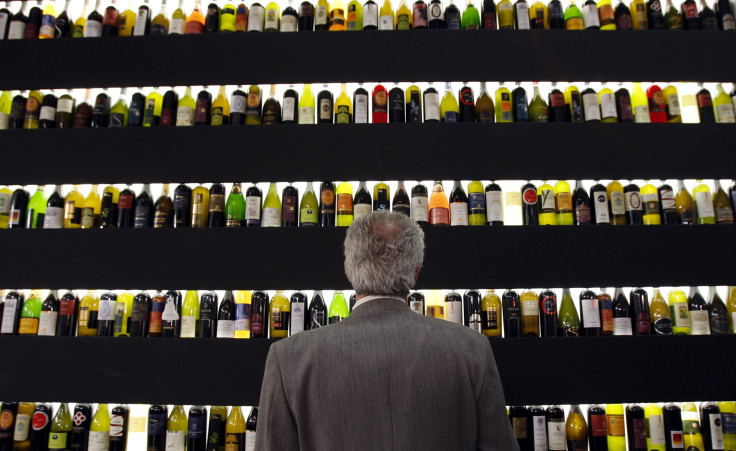
Megan Thompson, a 23-year-old registered dietitian, also in Dallas, decided to abstain from alcohol this month. While she admitted that not drinking is a bit tough, she has noticed a positive change in her overall health. Thompson went a bit further and also cut out grains, dairy and sugar for January.
"I feel like my life took a 180. I think clearer and my cravings for junk food have basically gone away. The worst part is no alcohol. It's hard being around friends when they are drinking, but I just keep telling myself that on day 31, I am going to celebrate my success with a bottle of Champagne," Thompson said. "But from the way I've been feeling with this diet, it's definitely worth the wait."
Crosby, the 25-year-old New Yorker, has also managed to go out and have fun sans alcohol but admitted it was a bit awkward at first. He said the experience is a great excuse to rethink your relationship with alcohol, regardless of whether you are a millennial or not.
"What’s strange is you still go out and go to the same establishments, but the key difference is that there’s no drinking. It’s interesting because most people are drinking a beer, and you're kind of sitting there and wondering why you don’t have one. It’s a habitual thing," said Crosby. "Early on, it’s tougher than it will be because you’re so used to that ritual, dissociating yourself with that is a little awkward ... it's about actually having a big moment of reconsidering whether or not drinking is a big part of your life and whether you want it to be a big part of your life. This an excuse to have that conversation with yourself."
© Copyright IBTimes 2024. All rights reserved.






















